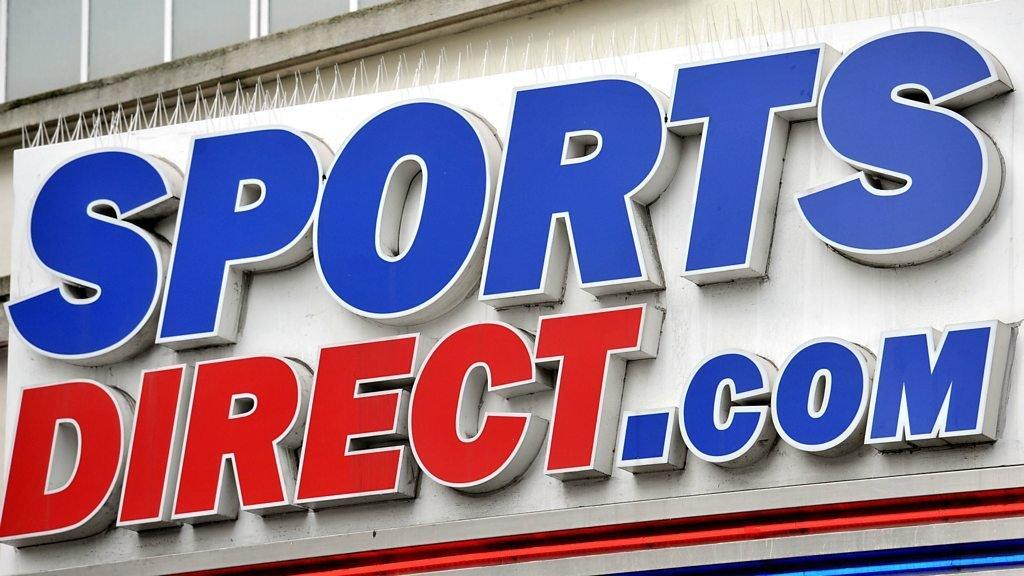Sports Direct: Mike Ashley repeats defence of firm
- Published
Mike Ashley: 'I fly to work by helicopter'
Sports Direct owner Mike Ashley has again defended the running of his firm, repeating his admission of mistakes and that it had paid millions in bonuses.
The under-fire sportswear firm has been criticised for its working practices - especially in its Shirebrook warehouse - and its zero-hours contracts.
Earlier, the firm announced that its second review of working practices would be run by an independent body.
The new "360 degree" review had been due to be led by the firm's lawyers.
RPC produced the first look into the way the firm was run after MPs said working practices at the Shirebrook warehouse in Derbyshire were closer to "that of a Victorian workhouse than that of a modern High Street retailer".
But Sports Direct said the change of heart in not using them again had come after "shareholder feedback" and "subsequent consultation with a number of the company's long-standing shareholders".
Vital and welcome
The decision produced a positive response.
Steve Turner, assistant general secretary of the Unite union, said: "At last Mike Ashley and his board have grasped that they need to take some very serious steps to restore shareholder, consumer and worker confidence in their employment practices.
"We have always urged, as we did at this year's AGM with the backing of investors, that an independent review is a vital component of this company truly getting to grips with its many and serious employment problems, so we are pleased that the company has now seen sense."
Paul Lee, head of corporate governance at Aberdeen Asset Management, also welcomed the news, saying: "This is a good start. It is a welcome and much-needed sign that the board and Sports Direct's management are listening to independent shareholders."
Bonus scheme
Speaking on BBC Breakfast, Mr Ashley had been keen to stress the positive aspects of working for the company and the firm remains keen to present a better image.
He said it had paid a total of £200m in bonuses in the past five years and added: "The cleaning lady got an £80,000 bonus on top of her normal pay - nobody in the UK has done that."
He has highlighted the firm's additional remuneration scheme in recent years.
In July 2014, Sports Direct's shareholders voted in favour of a bonus scheme to benefit up to 3,000 employees as well as Mr Ashley, although he quickly withdrew from it.
However, he also admitted his lack of intimate knowledge of the running of the business was an issue after the spotlight fell on working practices at the Shirebrook warehouse during the summer.
It was discovered staff were earning below the legal minimum wage because they were kept for near-strip searches on their way home after their paid shift had ended.
Mr Ashley said: "You would be surprised how little I knew about what was going on and that's really where the failing was.
"How do I know what a night shift does from 12 at night to seven or eight in the morning? I don't work there on Saturdays and Sundays and there are lots of hours I am not there.
"Should I have known more? Yes. Was I aware of the some of the things that were going on? Absolutely not."
Private plane
Mr Ashley, the founder of Sports Direct and owner of Newcastle United Football Club, also explained why he commuted in the skies, rather than using more conventional methods.
"I do fly to work by helicopter," he said. "I don't get paid a salary but what I do like to do is go by private plane. It saves a lot of time and it's very efficient."
Sports Direct also on Tuesday announced that a workers' representative on the board would be elected by staff.
It added that "it is anticipated that all staff directly engaged or employed by Sports Direct may vote".
The company has already reacted to criticism of its working practices by pledging to abolish zero-hours contracts for its directly employed casual retail staff.
However, almost all staff at the firm's controversial Shirebrook warehouse are agency workers so their terms will remain unchanged.
Mr Ashley said: "If they opt for 12 hours plus, they are normally doing 20 or 15 hours a week.
"They will still get those 20 or 15 hours a week, so it's just trying to get people into two categories - those who want a guaranteed minimum and those who actually don't, so you can't actually do more than that in my opinion."
- Published13 September 2016
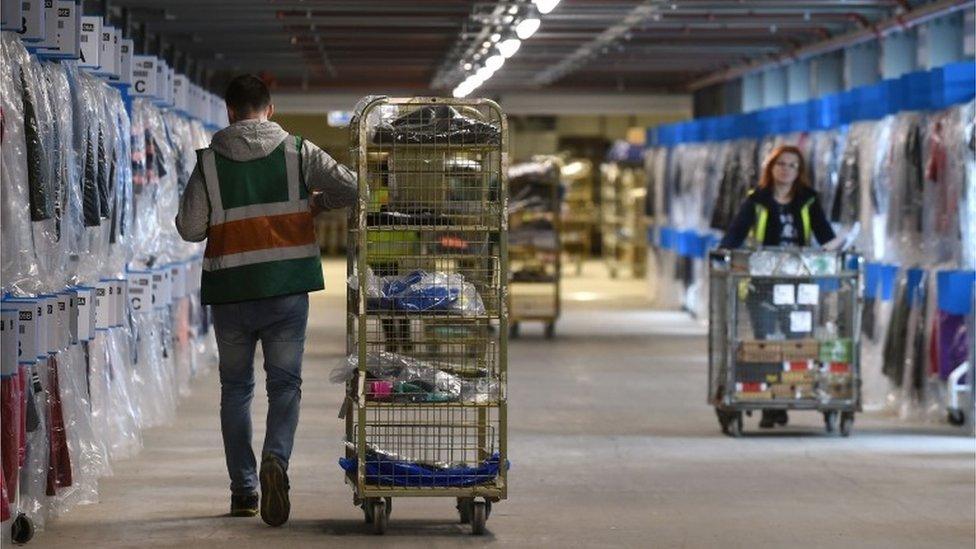
- Published7 September 2016
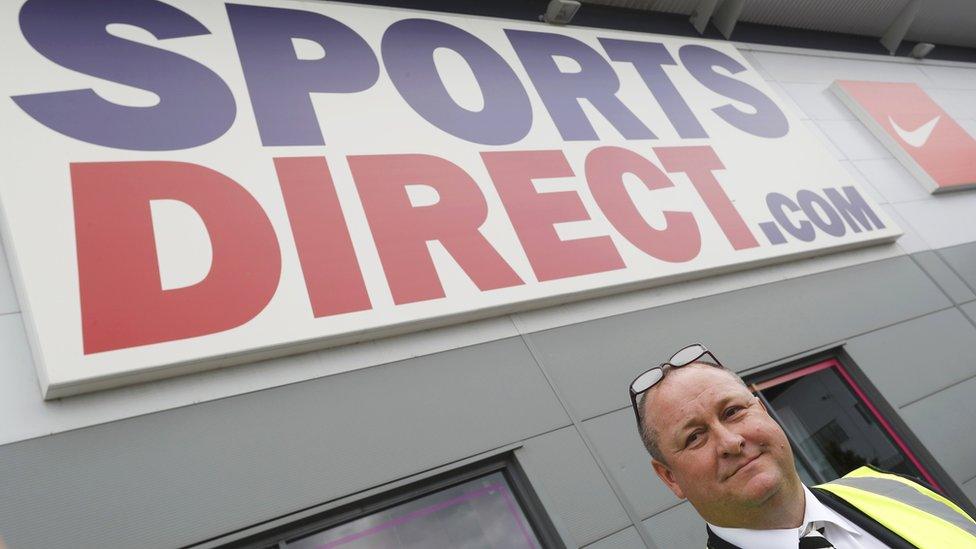
- Published7 September 2016
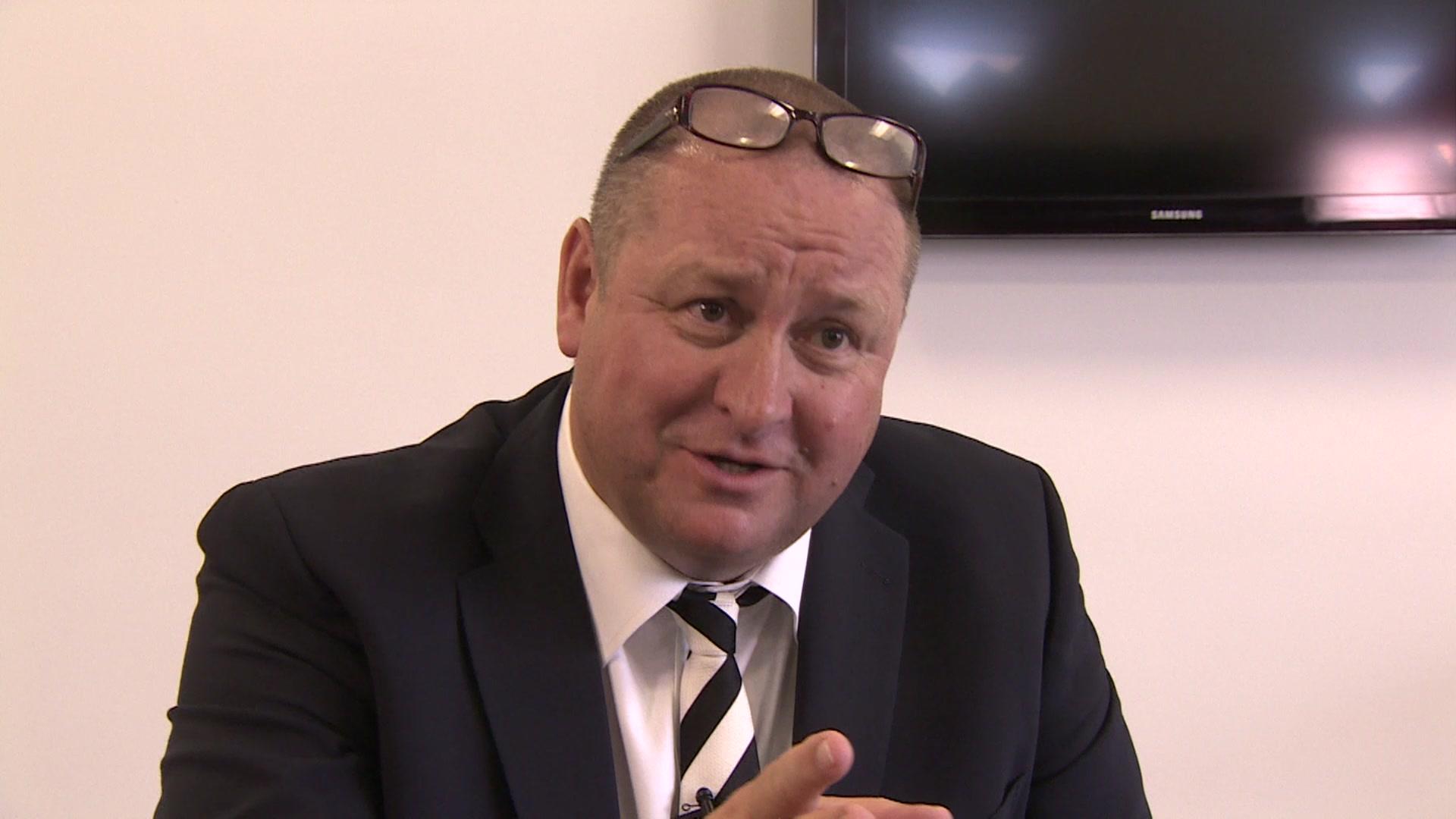
- Published7 September 2016
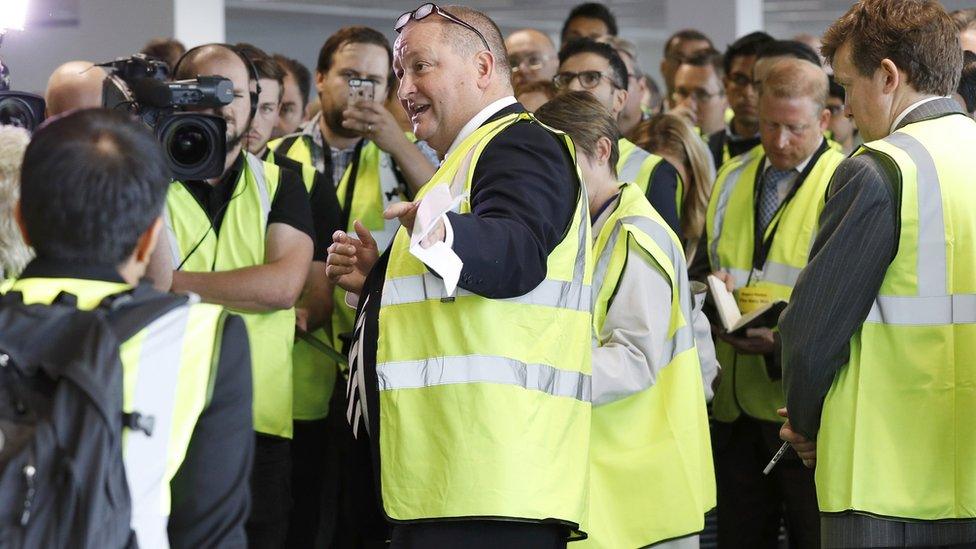
- Published6 January 2017
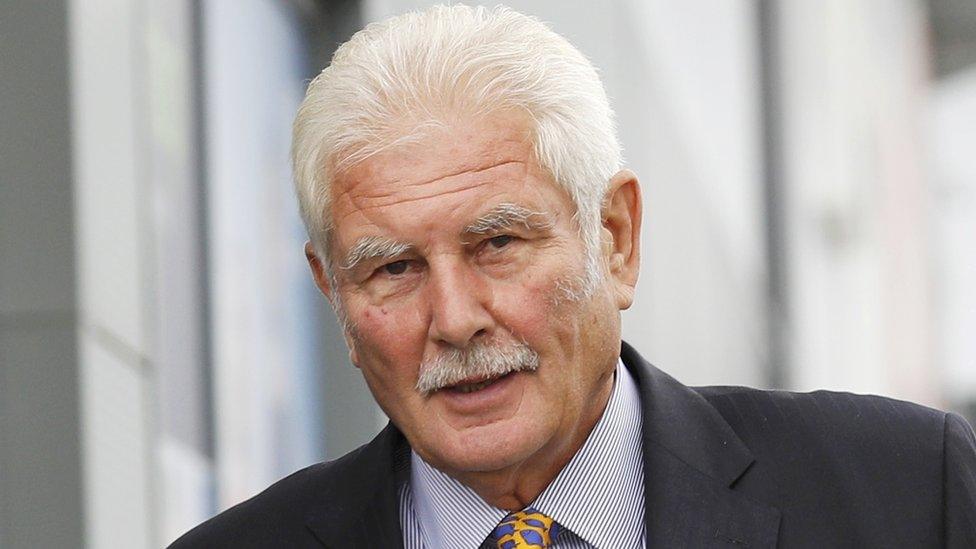
- Published7 September 2016
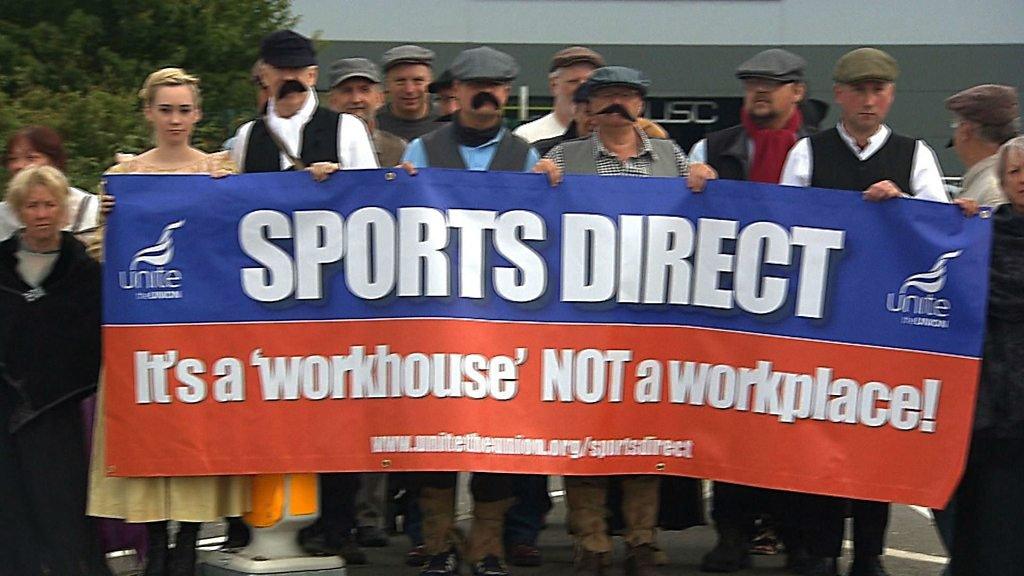
- Published6 September 2016
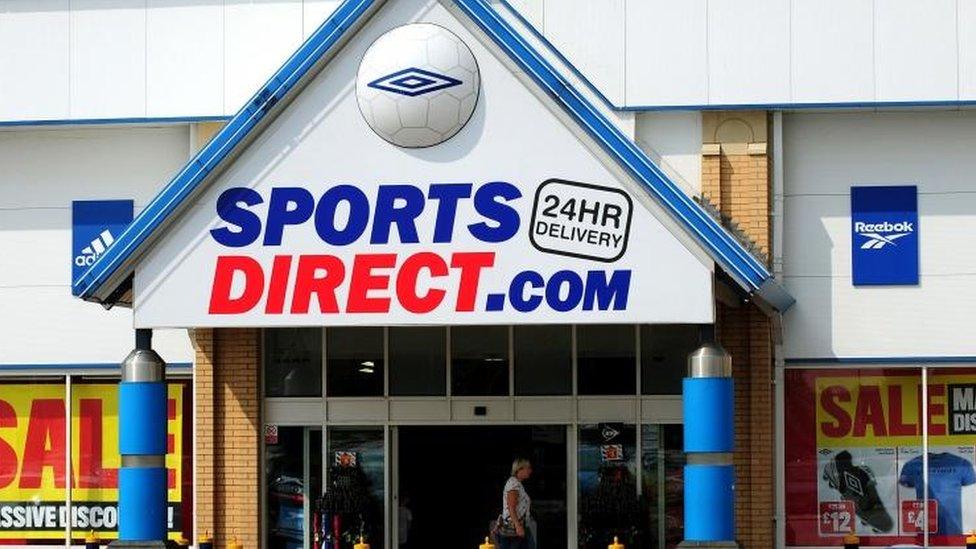
- Published7 September 2016
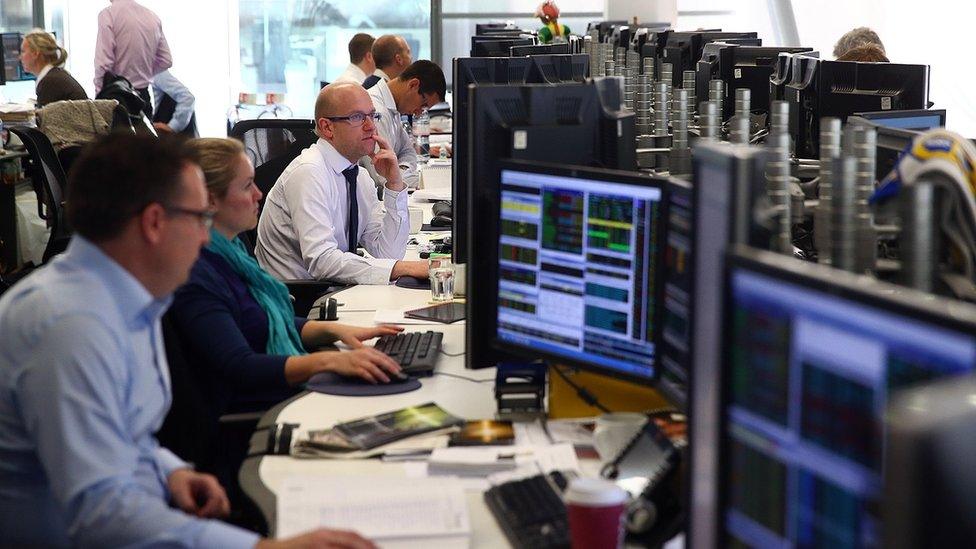
- Published6 September 2016
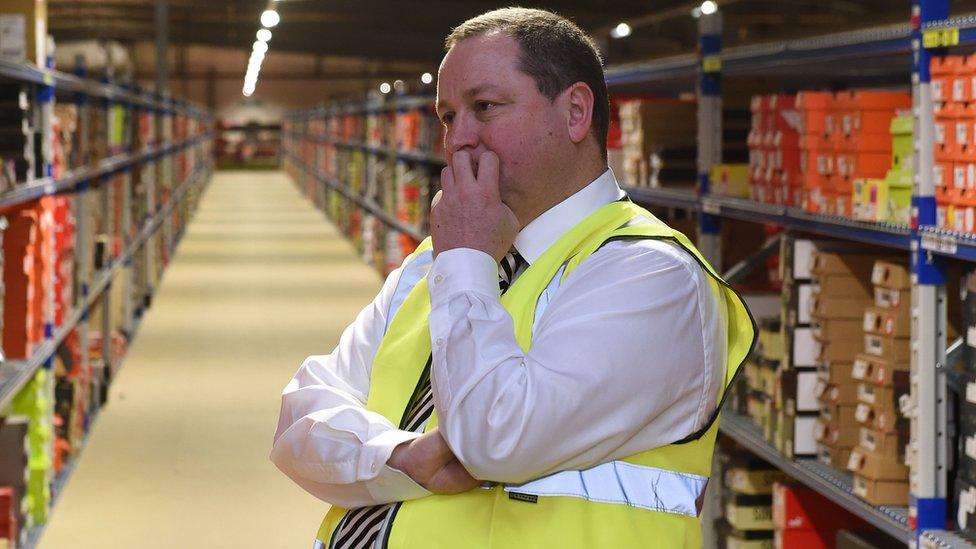
- Published6 September 2016
